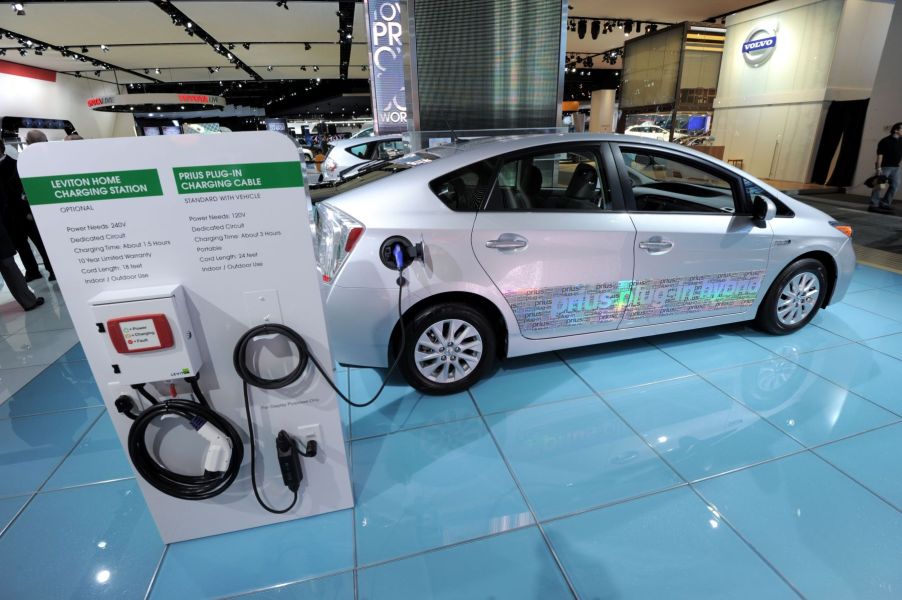
Prepare to Spend at Least Double on Installation Fees When Buying an Electric Vehicle Home Charging Station
If you are taking the plunge and purchasing your first electric vehicle (EV), pickup or SUV, you could do with the convenience of a Level 2 home charger.
A Level 2 home charger is the most recommended because it will charge your electric vehicle much faster than the Level 1 charger. The charger will also restrict and possibly eradicate dependence on the public charging station. Home charging will enable you to charge your car overnight, even if the battery is almost empty.
However, while home chargers for your electric vehicle are very convenient, they are also expensive upfront. Still, buying a home EV charger is much cheaper than installing one, costing you twice as much.
The cost of charging an electric vehicle at home

Electricity rates depend on many factors, such as your area of residence, time of year, and even the time when peak charges apply. Electricity usage and costs are at their lowest late at night in most areas, making it the best time to charge your vehicle. According to Kelly Blue Book, it is cheapest to charge your electric car at home, overnight, since some utilities have special low rates for the overnight period when their demand is lightest.
Your geographical area of residence also impacts the amount you will pay. Residents of Massachusetts and Rhode Island pay nearly twice as much as those living in Texas and Tennessee for a kWh of energy.
How much will you incur buying and installing a home EV charger?
All EVs come with a Level 1 charging cable, but depending on your battery capacity and the type of car, it can take from 8 to more than 24 hours to fully charge your vehicle, which, according to My EV, is the slowest rate.
The better choice is to spend around $400 to $800 to purchase a home EV charger, then spend about $1200 hiring an electrician to install a dedicated 240-volt circuit for you. The charger can fill your car in around 4 hours.
To install the charger, you will have to buy an external level charging unit, also known as the Electric Vehicle Service Equipment (EVSE). Setting up and installing a Level 2 charger doesn’t have to be complex or costly since, just like Level 1 chargers, most Level 2 EV chargers can be plugged into an outlet. In contrast, others can be hard-wired into a household if that better suits you. Some Level 2 chargers also have phone apps to manage the charge and lower costs.
If you’re considering acquiring an EV, ensure that the power outlet or wall-mounted EV charging station will be situated within close accessibility to your car’s connecting port. Most charging cables usually run from around 15 to 25 feet in length. Therefore, it may not be desirable if the vehicle’s port is situated on the opposite end of the garage from the available power source.
Are you allowed to install an electric vehicle charger yourself?
Due to the high cost of installing a Level 2 EV charger, you could be tempted to save costs by doing it yourself. However, electric vehicle automakers recommend that professionals conduct all Level 2 charger installations because of the risks associated with handling electricity and the required considerations and installation codes that you may not know.
Working with a qualified electrician will help you understand if your location is suitable for the installation or if you need to seek permission before undertaking the task. Professionals can also determine whether it is safe to incorporate an EV into your property’s regular electricity needs and help decide on a suitable location for the charging point and car when charging.


